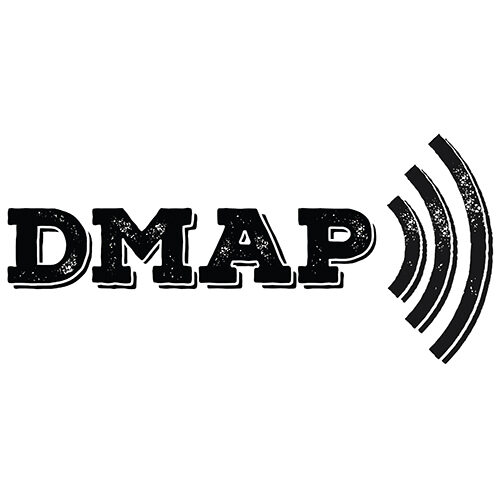By Julia Epstein, November 24, 2009
On November 17, 2009, Senators Barbara Mikulski (D-MD) and Michael Enzi (R-WY) introduced a bill they named Rosa’s Law that would replace the phrase “mental retardation” with “intellectual disability” in all Federal policy references.
This development follows the protests around the word “retard” repeated in the 2008 film Tropic Thunder and a campaign by the Special Olympics to get people to stop using “the R-word.” A few months earlier, in July 2009, Little People of America called on the Federal Communications Commission to ban use of the word “midget.”
The request followed an episode of Celebrity Apprentice on NBC, called “Jesse James and the Midgets,” that LPA found demeaning. Language is political. And political correctness around words is not new. There have always been offensive epithets for ethnic groups and nonconforming individuals.
The culture wars of the late 20th century spawned a PC word police and produced occasionally comical turns of phrase: “significant other” and “longtime companion” come to mind. These phrases tried to deal with the evolving acceptance of unmarried and same-sex couples, and the latter became a staple euphemism of AIDS-related obituaries in the 1980s, where “after a long illness” stood in for the unnamed cause of death.
Today, the New York Times Sunday Styles section profiles these same couples, with photos, in its Marriage announcements. Times change, and so does language. That’s what keeps dictionary and thesaurus-makers in business. So we move from “handicapped,” to “differently abled” and “height-challenged,” to “person with a disability.” Of course, words matter. Even more than sticks and stones, in the long run.
But is it more important to ensure that people refer to us as wheelchair users rather than “wheelchair-bound” than it is to work toward curb cuts at every intersection and ramps to every door? Should we be fighting harder to remove epithets such as “spastic” from common usage as slurs than to empty mental hospitals and nursing homes? To eradicate “retard” and “midget” (or “faggot”) from schoolyard vocabularies than to improve access to special education services for children with developmental disabilities?
Of course, there’s no point in pitting these activities against one another as though they are directly at odds. Both kinds of work are necessary — we don’t have to choose. Each approaches the struggle for civil rights in its own way, just on different turf. The way we talk about people and issues reflects how we think about and view them, as individuals and as a society.
When Simon Minty met with media industry executives, he reported in his D-MAP blog post Meeting News Producers that they are deeply interested in language issues. So D-MAP needs to look closely at how we communicate. Words affect and even create attitudes. And while we have made great strides in legal and policy arenas for people with disabilities, how people think about disability has not kept pace with civil rights developments.
